We, at EIZO WORKSHOP, are committed to “uncovering dormant cultural and artistic resources and connecting them to the creativity of the forthcoming generations“. Formed in 2018, our team started by conducting a local archive project named “MomomoMontage”. Drawing from that previous experience, in 2021, we began working on “KAGAGA”; a community archives project using MediaWiki.
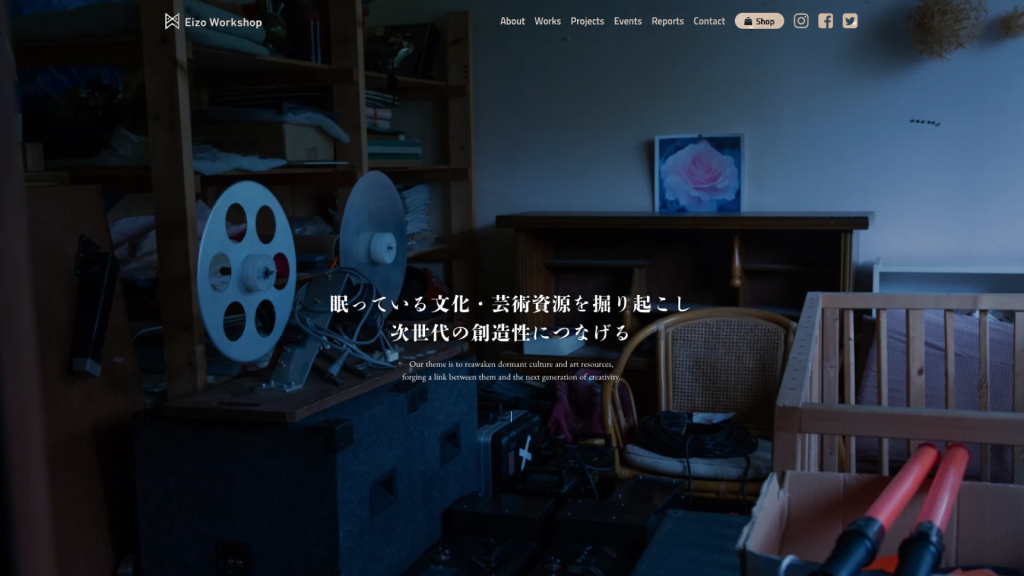
Local archive project “MomomoMontage”
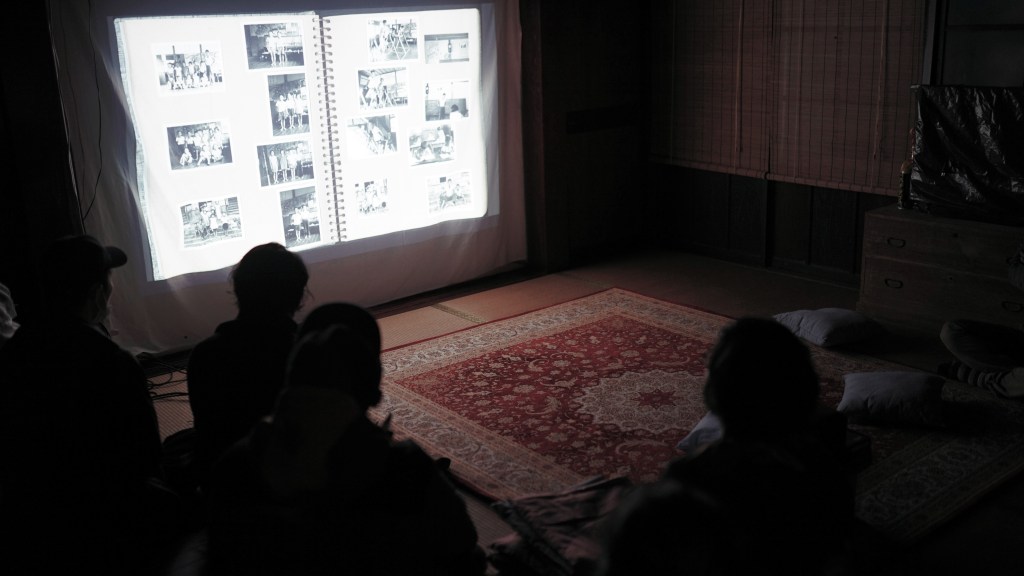
Kaga City (Ishikawa Prefecture-Western Japan), the center of this project, is located on the southern border with Fukui Prefecture. The area is mostly noted for its many hot spring resorts, highly refined traditional crafts such as Kutani ware (Porcelain) or Yamanaka lacquerware, and historical towns such as Hashidate and Segoe where wealthy ship owners from the “Kitamaebune” shipping route companies established splendid estates during the 18th and 19th centuries.
For the “MomomoMontage” project, our team spent several years digging up and digitizing old picture albums, 8mm films, VHS, and other dormant materials related to the area. We started holding screenings and workshops on a regular basis, to present the materials we were able to find and collect with the help of local communities and ordinary households. Sharing the conviction that everyone can “learn from those carefully left over tracks of past times’ everyday lives” we have been exploring new forms of interaction both onsite and online through the records we were able to gather and classify.
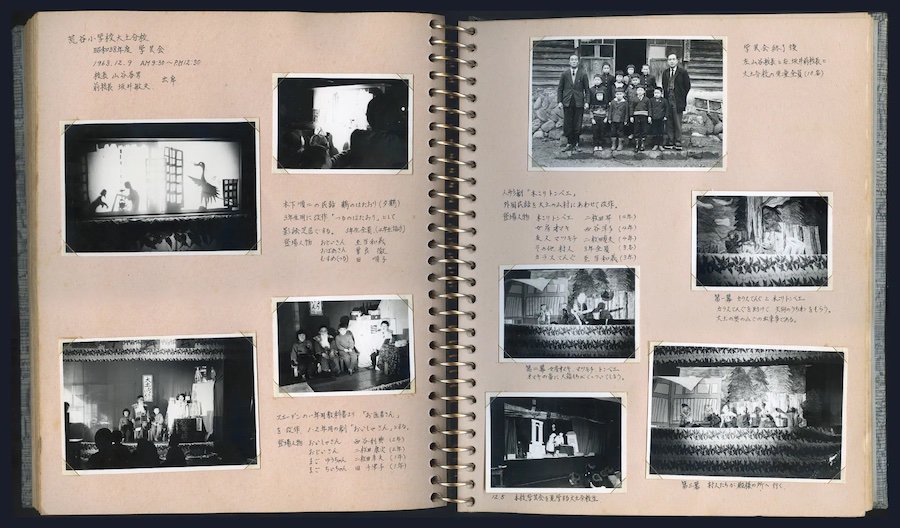
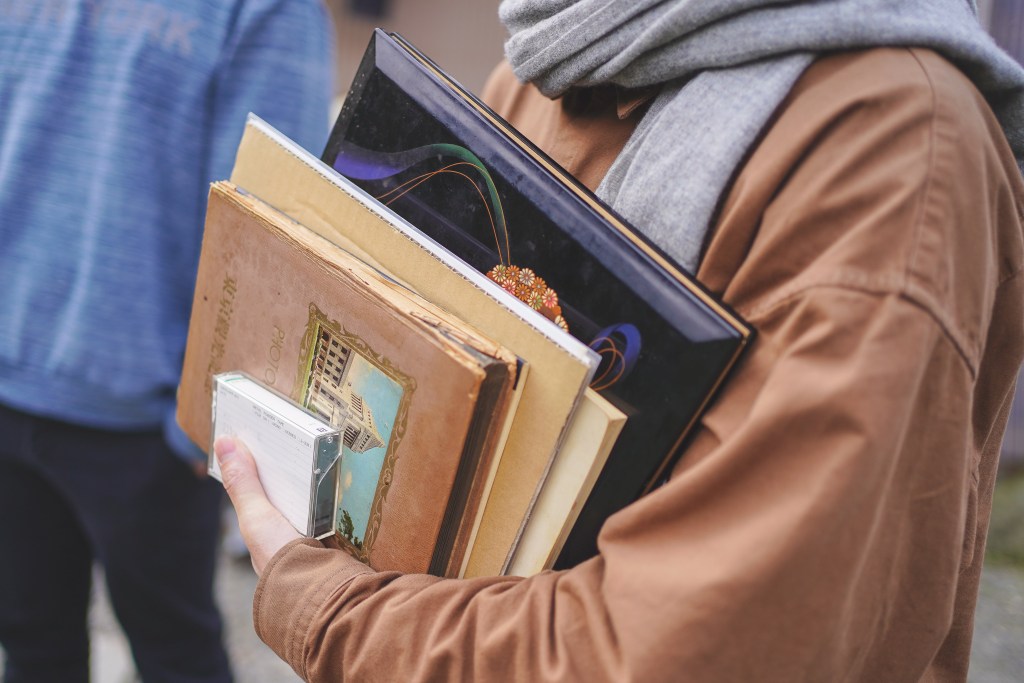
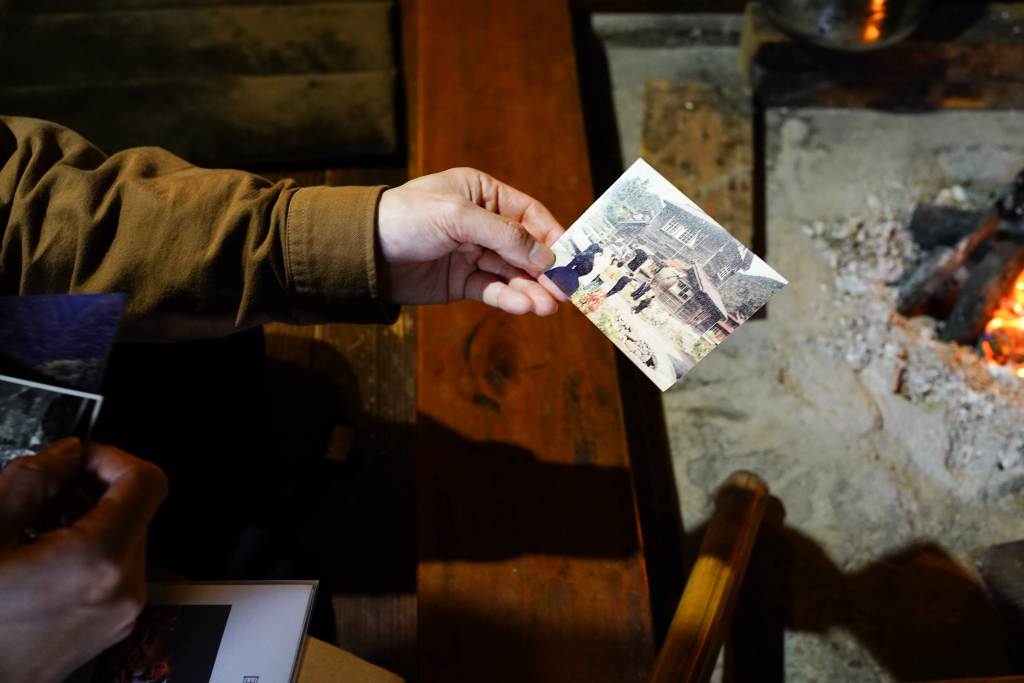
Gradually our commitment to create local archives with the help of local residents had become a crucial foothold for the development of further projects and ideas. Then, during the course of our researches, we came across the term and concept of “community archive“*.
*Community archive activities consist in individuals or citizen networks recording themselves facts and events that occur in their own neighborhoods and communities, and attempting to pass them on as archive materials.
“アーカイブを憎むな、アーカイブになれ (Don’t reject the archive, be the archive)” – Tomohisa Sato
From “MomomoMontage” to “KAGAGA”
The “KAGAGA” project aims at digitizing local archives from public facilities such as libraries and district halls, making them available for exploitation online, as well as collecting materials from local citizens to create a comprehensive archives database for the entire city of Kaga. We picked the name “KAGAGA” (which can translate to “Kaga is…”) in order to inspire users to get involved in the project by recounting their own local experiences.
Why choosing MediaWiki for developing the “KAGAGA” project.
To implement our project and ideas, we compared 10 different software packages, paying special attention to parameters such as “operability in Japanese language“, “low cost“, “ongoing developments“, and “quality of instruction manuals and support“.
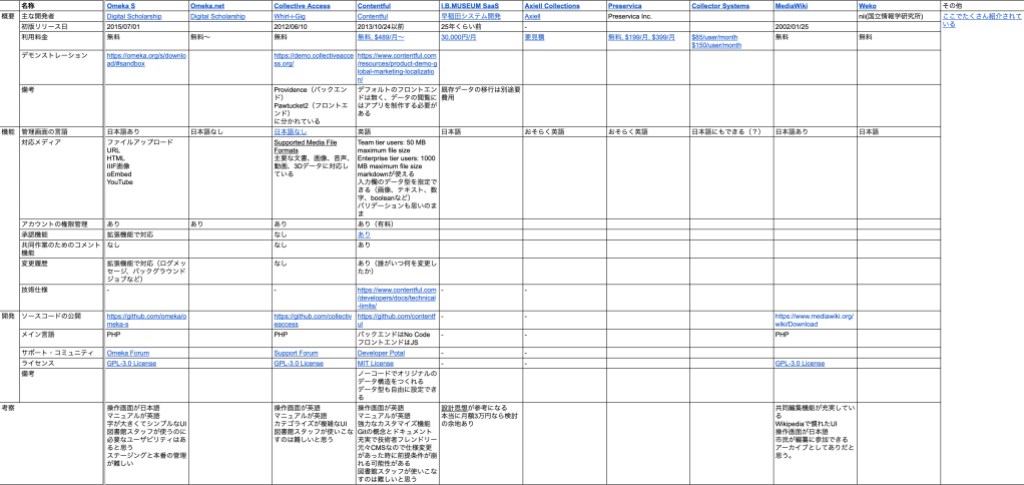
Among the packages compared, our attention was drawn to MediaWiki’s emphasis on collaborative editing. We finally chose MediaWiki because we strongly felt it was vital for a sustainable, citizen-oriented digital archive project to allow willing residents to get involved by uploading contents and participating in editing tasks.
The KAGAGA documents
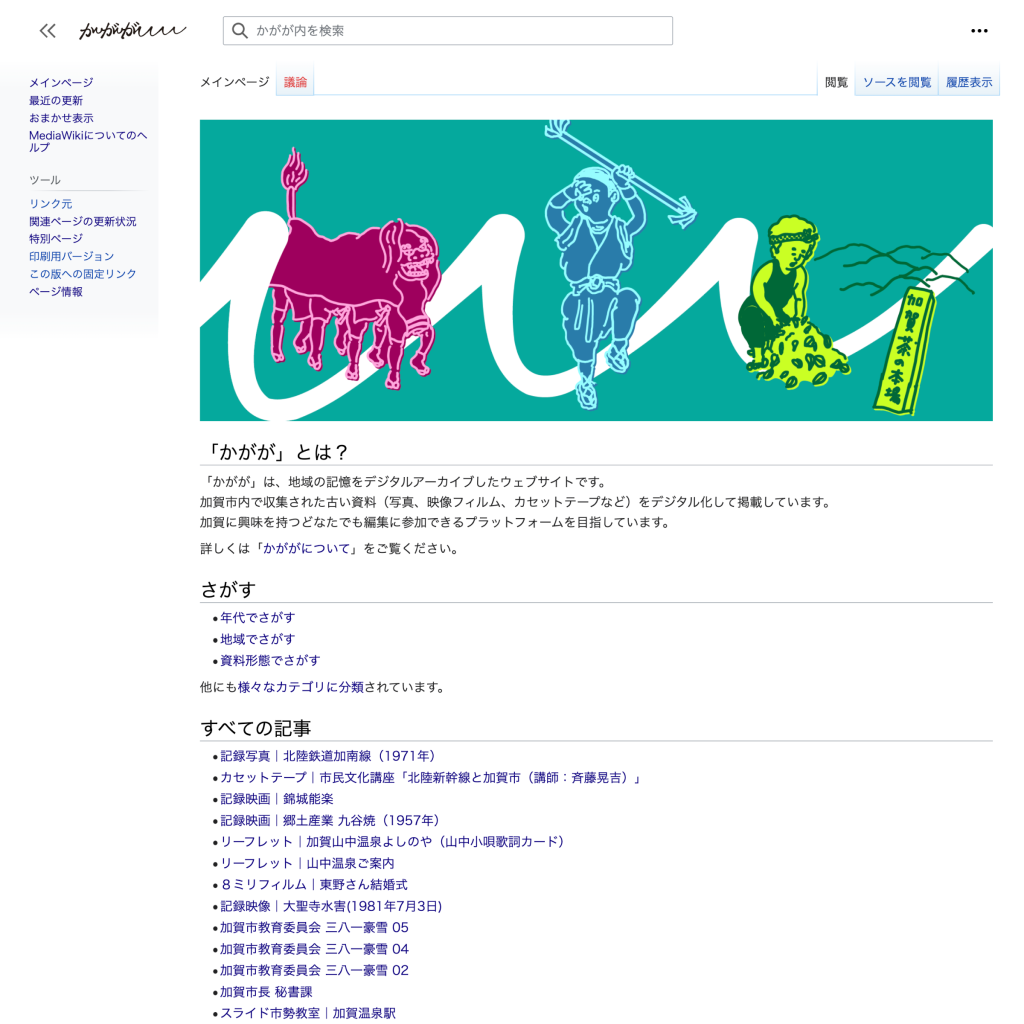
A wide variety of materials are available on the “KAGAGA” website. The oldest materials are from the 1910s, but the bulk is from the 1970s and 1980. The documents consist mainly in photos and videos documenting disasters and documentary films by film production clubs. Some of them include documentary footage of private weddings.
The materials included can be divided in two categories.
- Public records produced by the government and local authorities
- Private records left by citizens
So far, we have had the opportunity to hold a screening event of category 1. materials under the title; “Projection and discussion: dormant 8mm films from the 1970s and 1980s from the Kaga City Library“, as well as a talk event on the theme of “Community Archive: making use of local memories for the present and the future” to discuss possible uses of category 2. materials with the public.
Alongside the “official history” (public records), we were able to gather a treasure trove of small stories (private records). We are now seeking a way to preserve these records in “KAGAGA” with Creative Commons so that they can be passed on as cultural assets and remain accessible to everyone in the future.
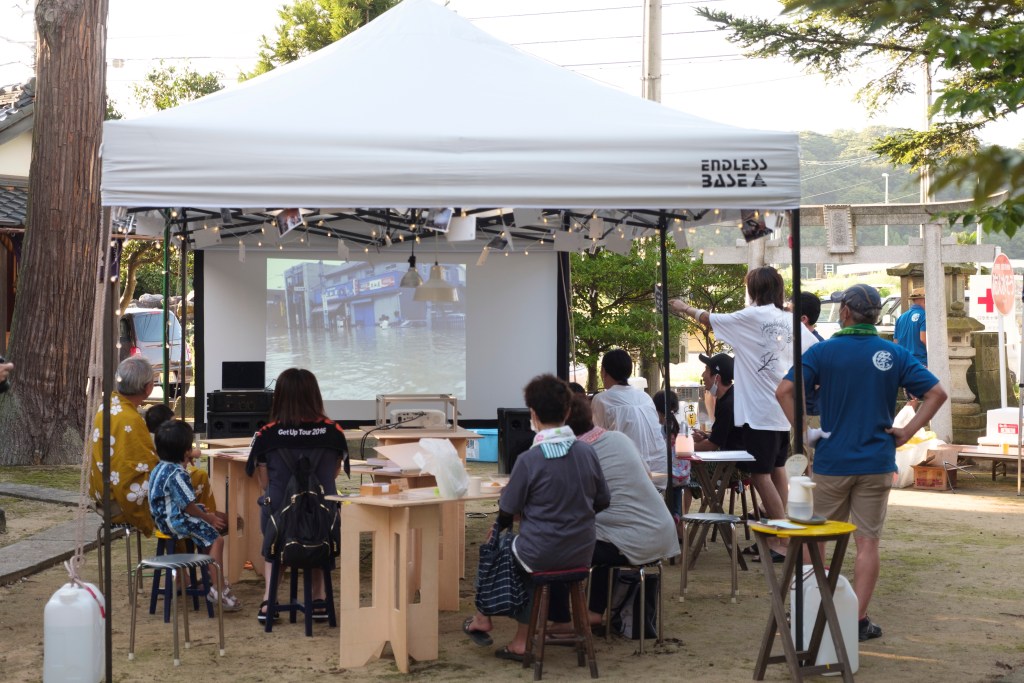
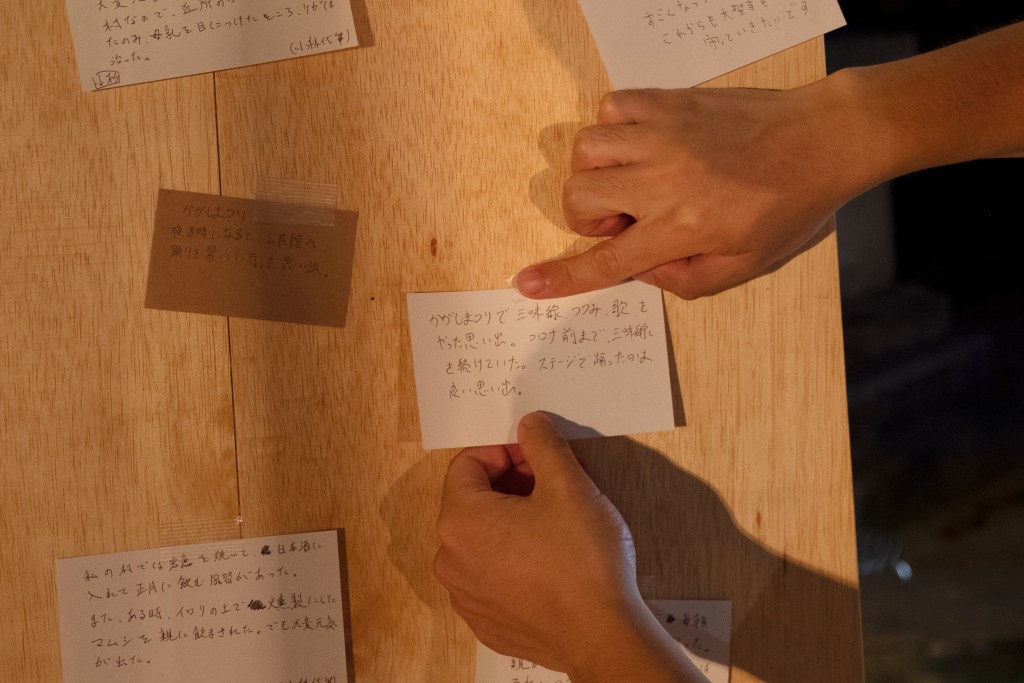
MediaWiki’s potential for creating Community Archives
KAGAGA opened to the public in March 2023. The site aims to involve Kaga City citizens in editing the materials they wish to include in the project, but we are still in the process of publishing and editing our own contents. Our wish is to see our platform continue to grow through the benefits of emulation. We wish people enjoying contents they see on “KAGAGA” will gain interest in the project, feel like getting involved and start editing their own records. In that prospect, we think the possibilities that MediaWiki can open up in the field of community archives make it the most suitable tool to further developing our project.

Can you help us translate this article?
In order for this article to reach as many people as possible we would like your help. Can you translate this article to get the message out?
Start translation